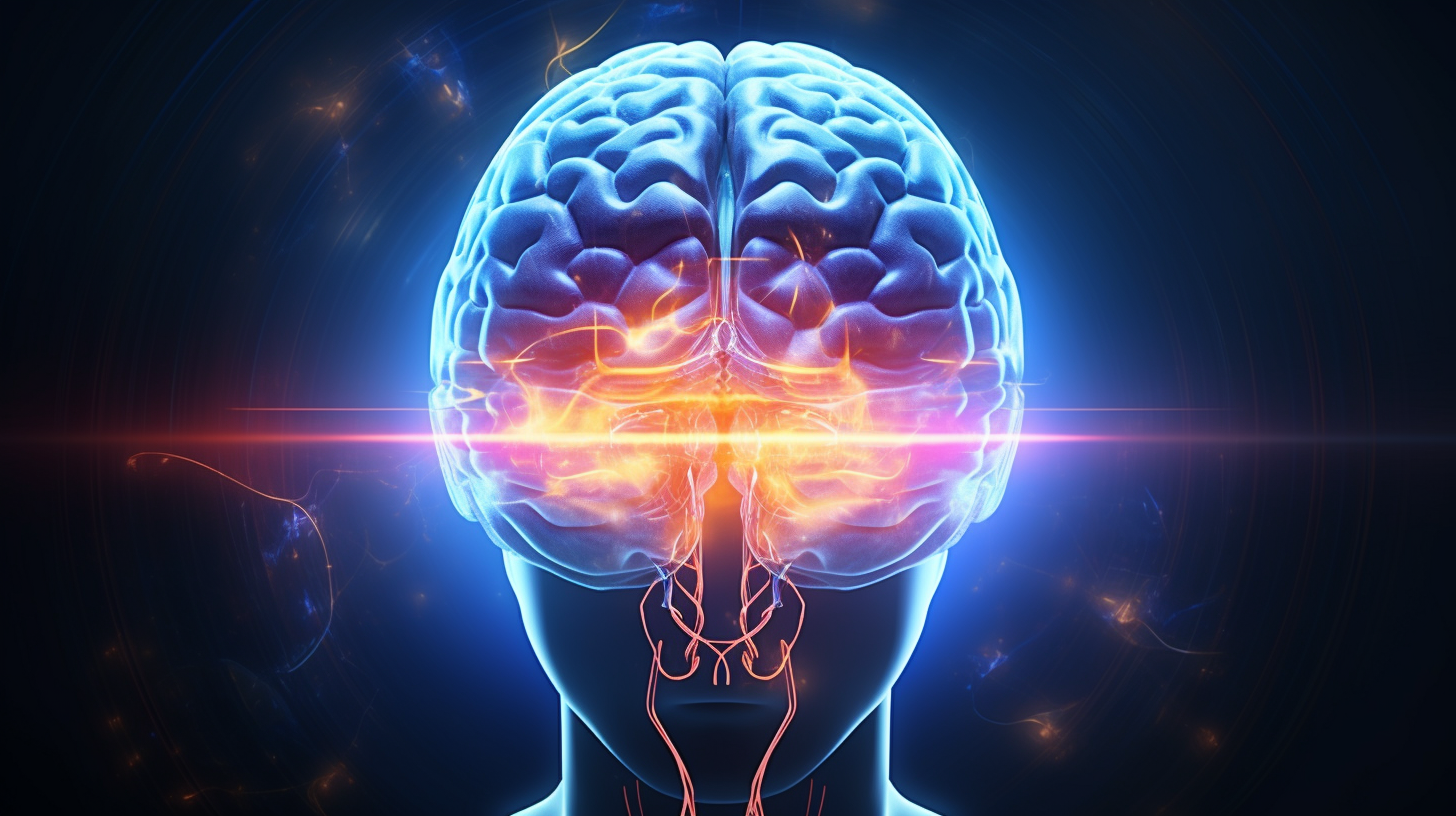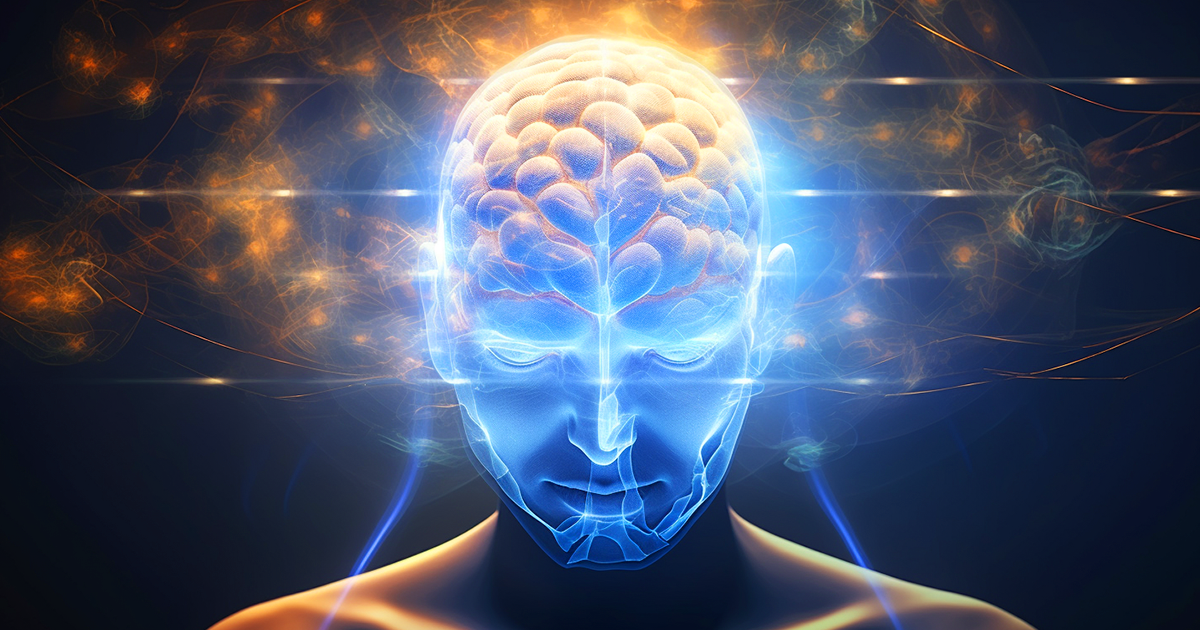Within the vibrant city of Boston emerged a daring proposal in March 2018, courtesy of the biotech startup Nectome, triggering both admiration and controversy. Their audacious aim was to revolutionize our understanding of reality – a groundbreaking initiative focused on transferring the vast reservoir of data housed in the human brain to the digital realm.
Amidst a landscape dominated by constant technological progress, entities like Nectome are striving to blend biology and silicon, painting a mesmerizing picture of preserving our core.
The field of neuroscience has made significant strides in decoding the intricate network of neural connections within the brain. The prospect of thoroughly mapping these connections is rapidly approaching.
A pressing question looms large: Is it viable to shift an entire human brain to the digital domain? This enigmatic query continues to evade a definitive answer.
The concept of digitizing the human mind and integrating it into a computer has ignited imaginations. Advocates of this notion propose that it could potentially provide a solution to the ultimate enigma – the inevitability of mortality.
The allure is irresistible: an eternal presence in the digital realm. But what form would this digital eternity take?
Imagine a scenario where our consciousness dwells within a vast mainframe computer, our essence expressed through a superhuman mechanical entity. This entity would allow us to perceive the world through its senses, surpassing our physical limitations. Proponents argue that this encapsulates the essence of digital eternity. A life liberated from the vulnerabilities of our biological bodies.

Before delving into these uncharted territories, we must confront two pivotal questions. Firstly, can a digital replica of our consciousness genuinely possess awareness?
Secondly, would this digital entity truly mirror us, or simply imitate us? The complexities of consciousness remain one of the most cryptic facets of the human psyche.
Consciousness serves as the defining element that sets us apart from all other beings. It represents the internal spark of reflection that distinguishes humans from the rest of the natural world.
Is it conceivable to faithfully retain our memories, connections, and all that defines us in the digital realm? The yearning for eternal existence carries a profound sense of idealism, but can the brain be dissociated so effortlessly from the rest of our physical form?
Some posit that the human brain holds latent potentials beyond our imagination. In certain aspects, our comprehension of the universe’s mysteries surpasses our understanding of the enigma of the human mind.
As technology progresses, the uncharted domain of our consciousness beckons us, encouraging contemplation of a future where our minds might transcend the confines of our cranial boundaries.
In an era defined by pioneering biotech startups and an unwavering quest to unravel the human experience, the persistent inquiry persists: Can we genuinely transcend the limitations of our biological makeup and unveil the gateway to digital eternity?
While we persist in exploring the intricacies of our consciousness, the answers linger just beyond our grasp, awaiting discovery in the ever-evolving fusion of science and technology.
Watch the Video Below:
Exciting horizons beckon, where our existence’s boundaries may expand far beyond the limits of our physical forms, offering a glimpse into a future where the potential of the mind is boundless.
